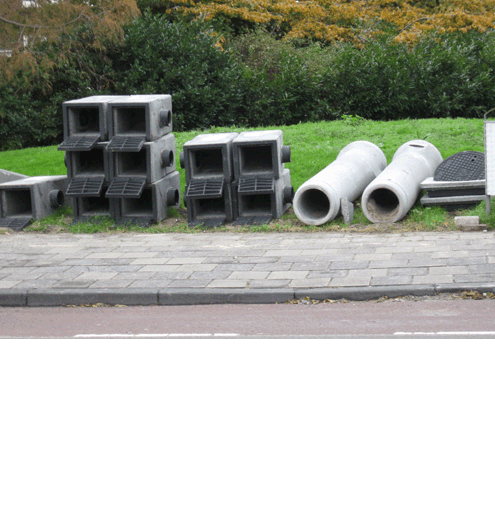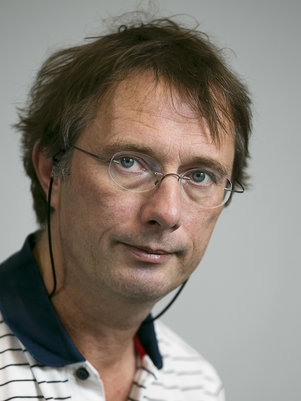Prof. Dr. Ir. Francois Clemens
Urban drainage systems have to cope with highly variable flows in terms of water quantity, quality and solids content. Traditional combined systems have been able to protect urban environments from harmful effects of wastewater and rainwater for centuries. As urban areas grow larger and denser, environmental and social requirements increase such that the performance of urban drainage systems is pushed to the limit. The capital costs of traditional urban drainage systems are extraordinary. Nevertheless, optimal replacement strategies of sewerage pipes still have to be developed. Furthermore, new innovative solutions must be found to cut the total lifecycle cost and overcome current problems of flooding and environmental pollution. These solutions include the development of new, sustainable urban drainage solutions (SUDS) like infiltration systems, green roofs and decentralised wastewater collection. The greatest challenge today is to develop ways to integrate new solutions in the existing context of the world’s largest urbanised areas. This requires adequate control of highly variable flows and conditions to meet environmental and societal demands. In developing countries, rapid growth calls for the development of flexible, low-cost and robust solutions that can meet the local challenges. Our research focuses on the development of monitoring concepts that provide insight into urban drainage processes in order to obtain a more adequate control of short-term quantity and quality variations and long term ageing processes and their effects on system performance. Several research projects investigate optimisation strategies in pressurised systems, flood risk management and gravity systems.


Francois Clemens
- +31 15 2785450
- F.H.L.R.Clemens@tudelft.nl
-
Faculty of Civil Engineering and Geosciences
Building 23
Stevinweg 1
2628 CN Delft
Room number: 4.65
| Publications |